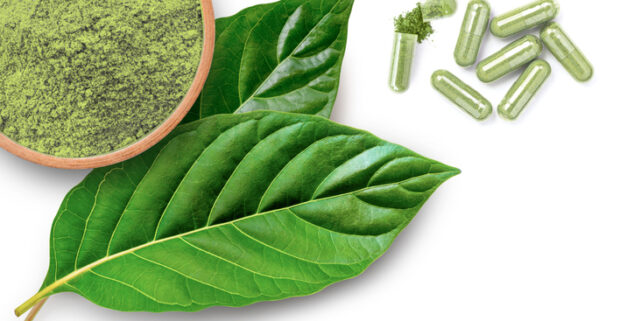Opinion
California must protect access to natural kratom
 Image via iStock, uncredited
Image via iStock, uncreditedCapitol Weekly welcomes Opinions on California public policy or politics. Click here for more information about submitting an Op-Ed.
OPINION – Living with chronic pain isn’t just physically debilitating—it’s emotionally isolating. It cuts you off from the world and slowly erodes your sense of hope. For me, natural leaf kratom became the turning point—the one thing that offered me real relief when everything else had failed.
Natural leaf kratom comes from the leaves of a tropical tree native to Southeast Asia known as Mitragyna speciosa. It’s been used for centuries in traditional healing practices for its pain-relieving and mood-enhancing effects. In recent years, it has gained attention in the U.S. as an alternative option for people dealing with occasional pain or anxiety. Yet its legal status remains murky—caught between outdated stigma and growing scientific interest—leaving many of us who depend on it in a precarious position.
My story is one of long, ongoing struggle. I’ve undergone multiple surgeries, endured life-threatening complications, and live with several chronic illnesses, including complex regional pain syndrome (CRPS), nerve damage, and even multiple organ failure. These conditions are compounded by the trauma of losing a limb when I was younger. I’ve experienced both the physical toll of constant pain and the mental exhaustion that comes with it.
As the country cracked down on prescription opioids in response to the addiction crisis, patients like me became collateral damage. Suddenly, medications to help manage our suffering were no longer accessible. I was left with few options—my pain unmanaged, my spirit drained. At my lowest point, I seriously considered ending my life just to escape the constant agony.
That’s when I turned to natural leaf kratom—not impulsively, but after careful research and discussions with doctors who were open to exploring nontraditional therapies. I ordered plain kratom leaf powder from a personally well-vetted vendor. The day it arrived, I was on the verge of giving up entirely. But I tried it. Within minutes, I noticed something I hadn’t felt in years: a reduction in pain, and with it, a flicker of hope. It didn’t make me pain-free, but it made life livable again.
Natural leaf kratom has given me more than physical relief. It gave me back my humanity – the ability to spend time with family, participate in community, and experience moments of joy. For people like me, natural leaf kratom is not recreational or trendy. It is a daily tool of survival. Despite doctors once telling me I wouldn’t live past 30, I’m now 62—living proof that hope, determination, and access to alternative care can change everything.
Now California lawmakers have a chance to protect people like me.
Assemblymember Jasmeet Bains introduced AB 1088 earlier this year—a bill that would establish smart guardrails for kratom products in California. It would set a minimum age to purchase kratom, prohibit advertising to minors, and restrict the amount of 7-hydroxymitragynine (7-OH), a potent compound only found in miniscule amounts in natural leaf kratom, to the level that naturally occurs in dried kratom leaf. These provisions make sense. They don’t ban kratom; they protect the natural leaf and keep dangerous synthetics that have more than 100 times the amount of 7OH in them off the market.
Unfortunately, a trade group called the Holistic Alternative Recovery Trust (HART), which represents companies that manufacture high-potency semi-synthetic products called “7” that contain incredibly high levels of 7OH, began lobbying aggressively against the bill. HART launched a misinformation campaign built on unverified, unpublished science. Their efforts caused enough confusion and delay that AB 1088 was shelved until next year.
Thankfully, national-level authorities are taking action. On July 29, the U.S. Department of Health and Human Services, along with the FDA, announced decisive actions to protect public health by moving to schedule highly concentrated 7-OH products. Scheduled drugs are those with a high potential for abuse, with no currently accepted medical treatment use, and a lack of accepted safety for use under medical supervision.
Both FDA Commissioner Dr. Marty Makary and HHS Secretary Robert F. Kennedy Jr. made it clear that leaf kratom, the product that I use, is not the focus of the scheduling effort, signaling a carve-out for natural kratom.
The FDA had already issued warnings, including to two California companies, about the dangers of synthetic 7-OH products. Assemblymember Bains should be commended for stepping forward with a proactive solution that strikes the right balance.
Now, it’s up to the Legislature to finish the job—not by giving in to pressure from nefarious players, but by standing up for public health, science, and people like me.
Dijon Evans lives in Sacramento, California.
Want to see more stories like this? Sign up for The Roundup, the free daily newsletter about California politics from the editors of Capitol Weekly. Stay up to date on the news you need to know.
Sign up below, then look for a confirmation email in your inbox.

Leave a Reply